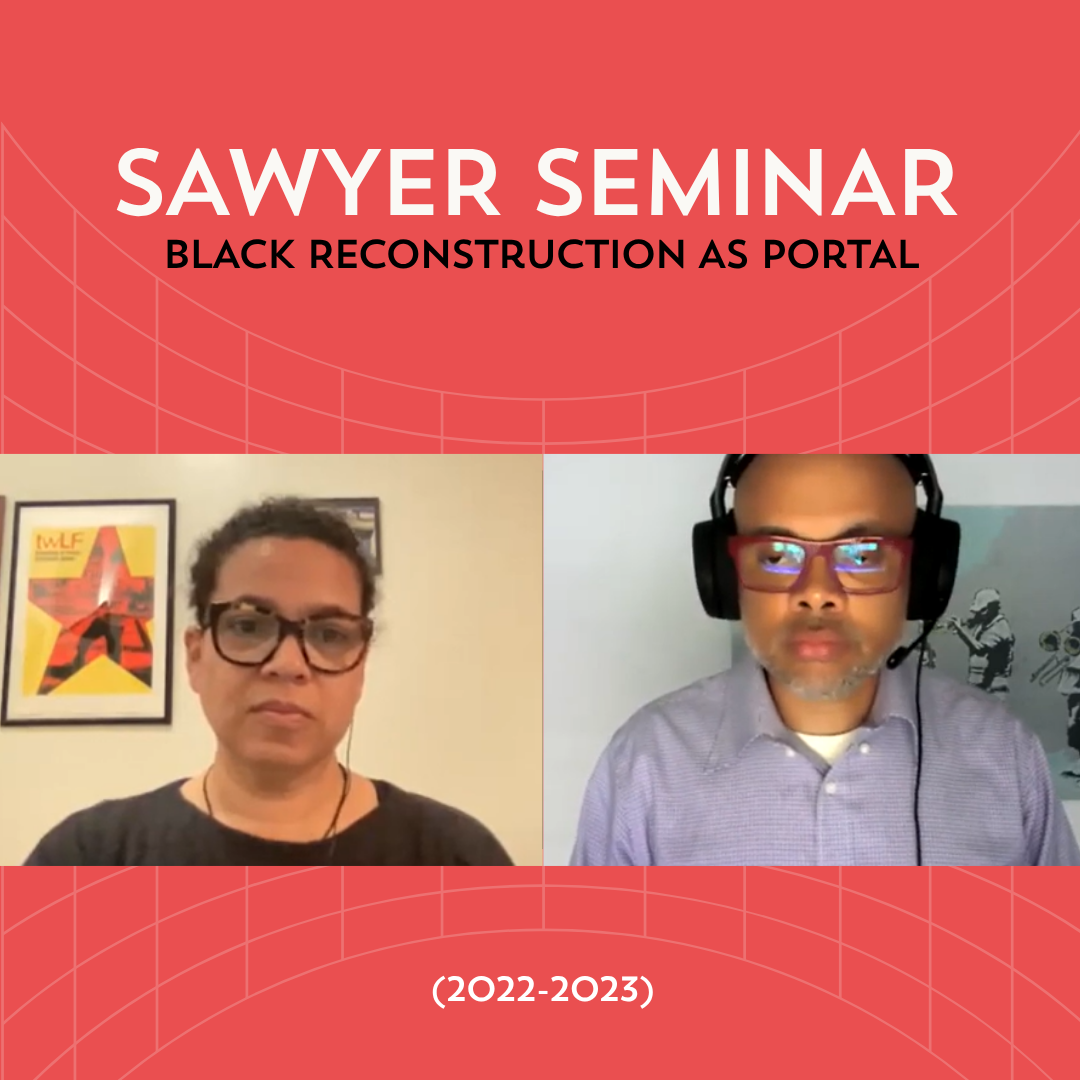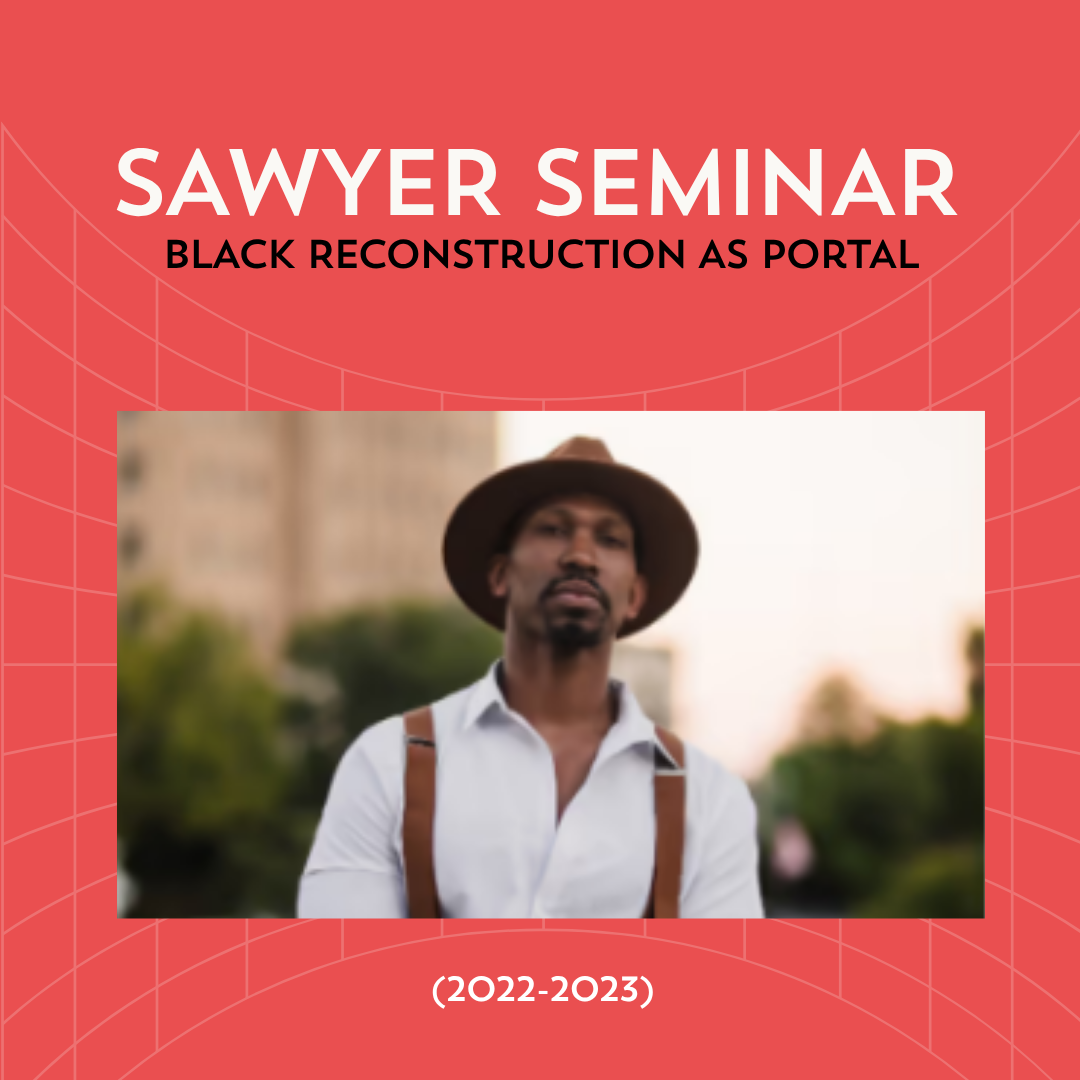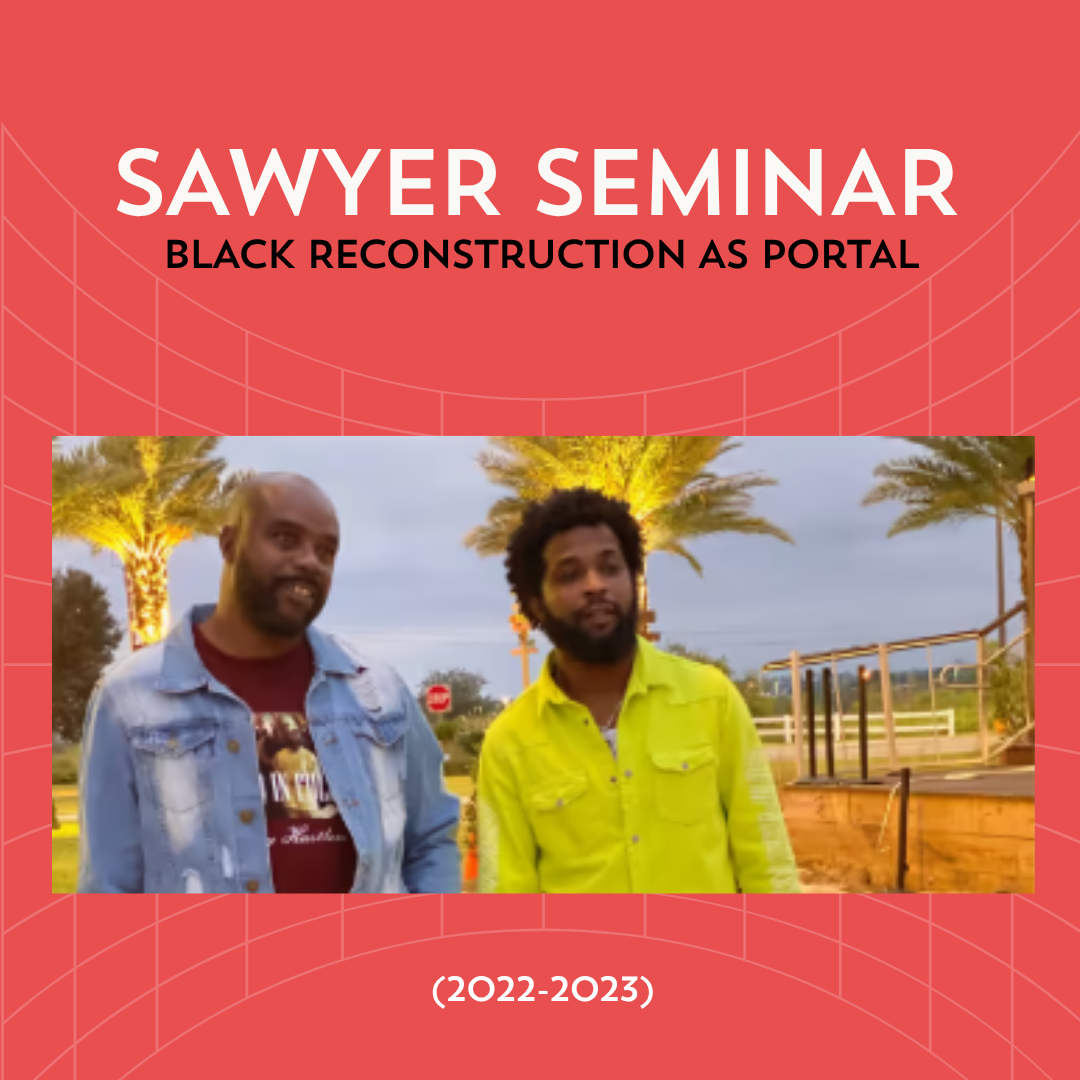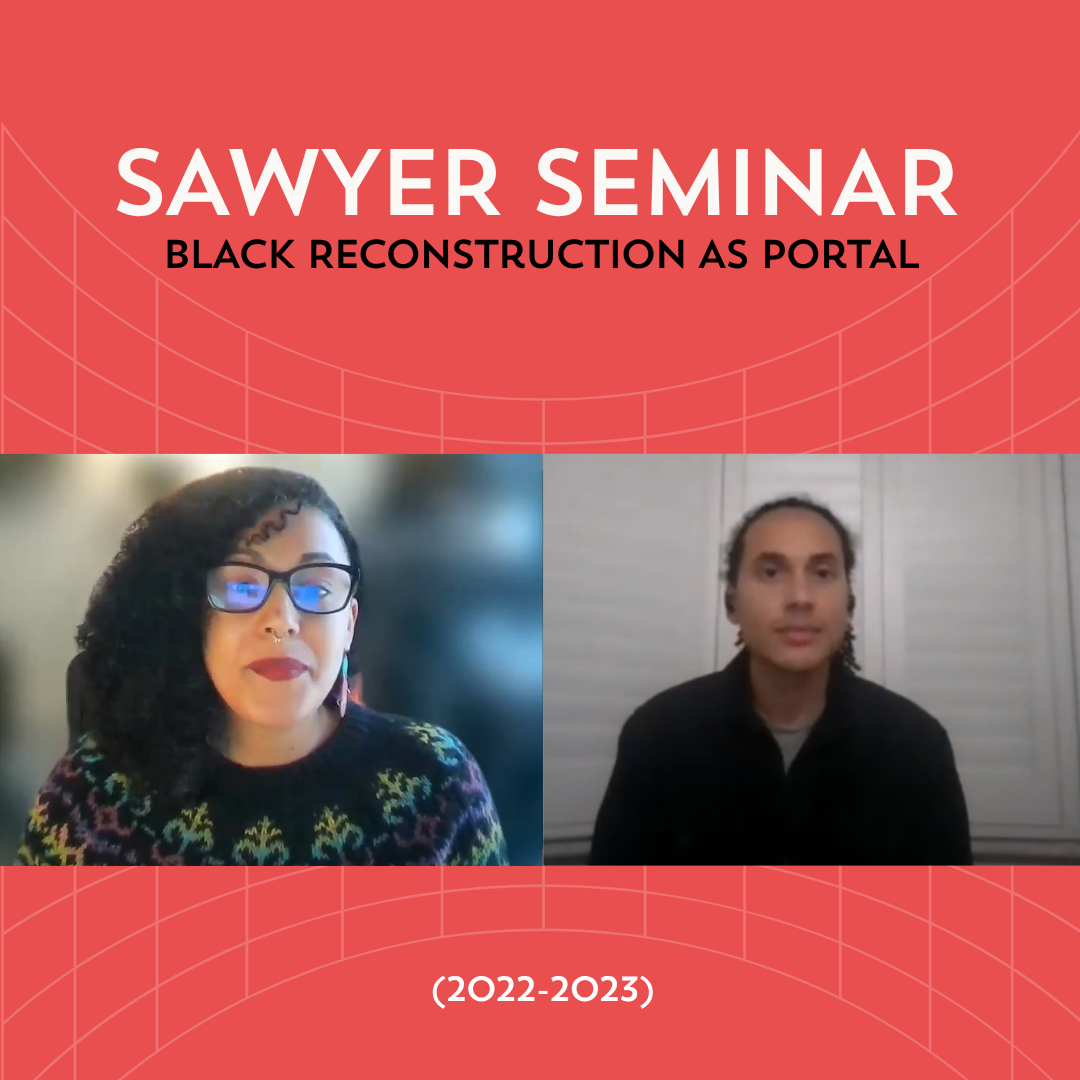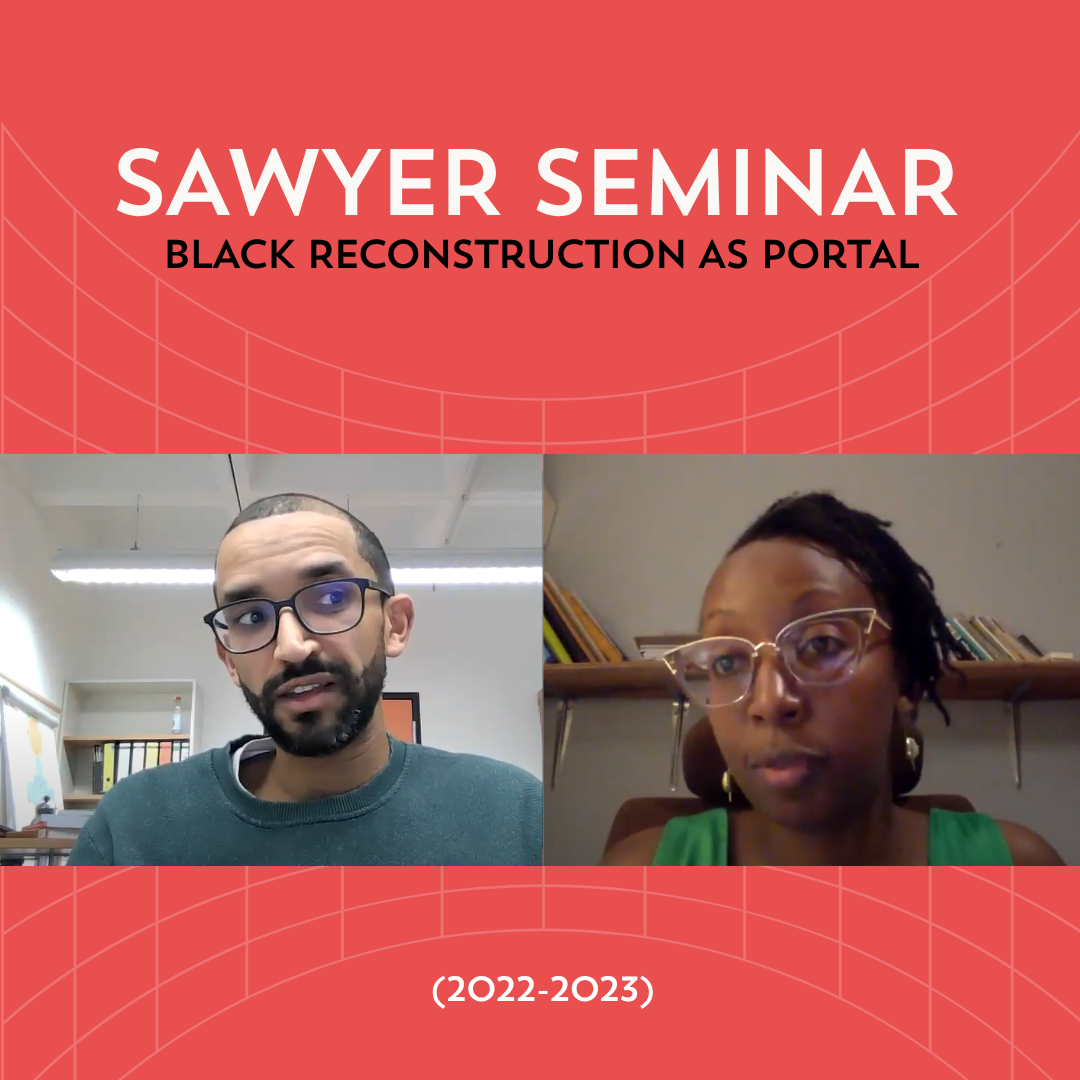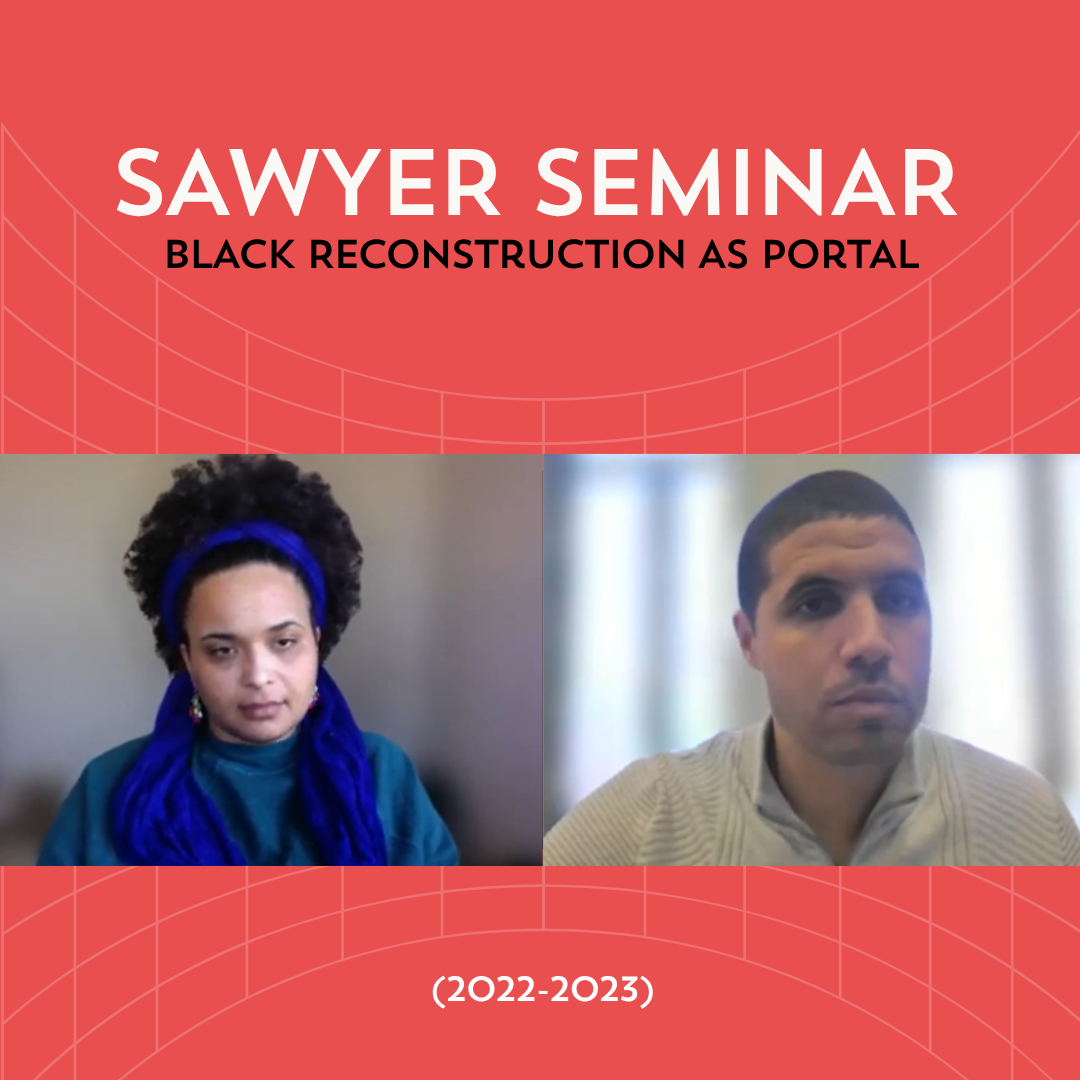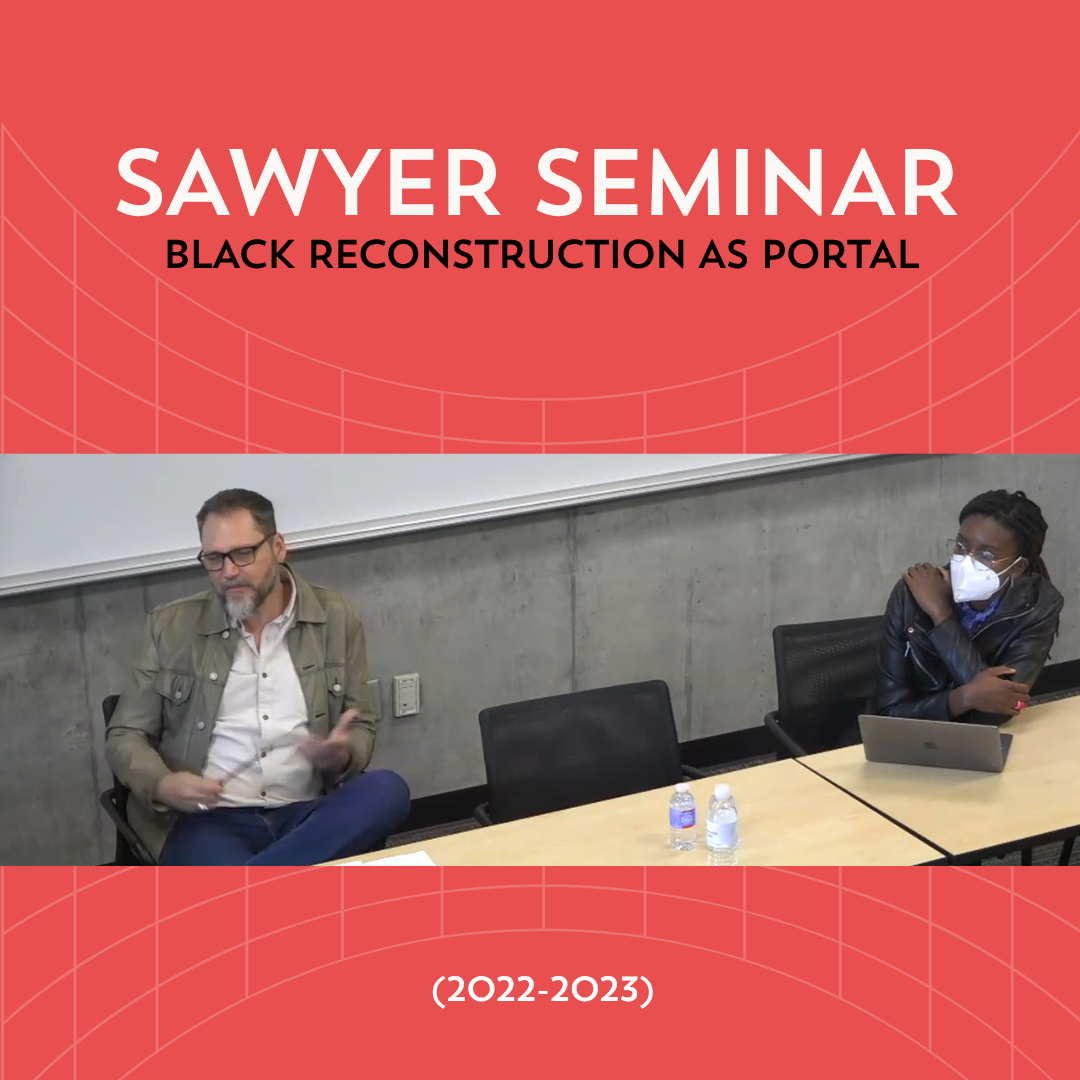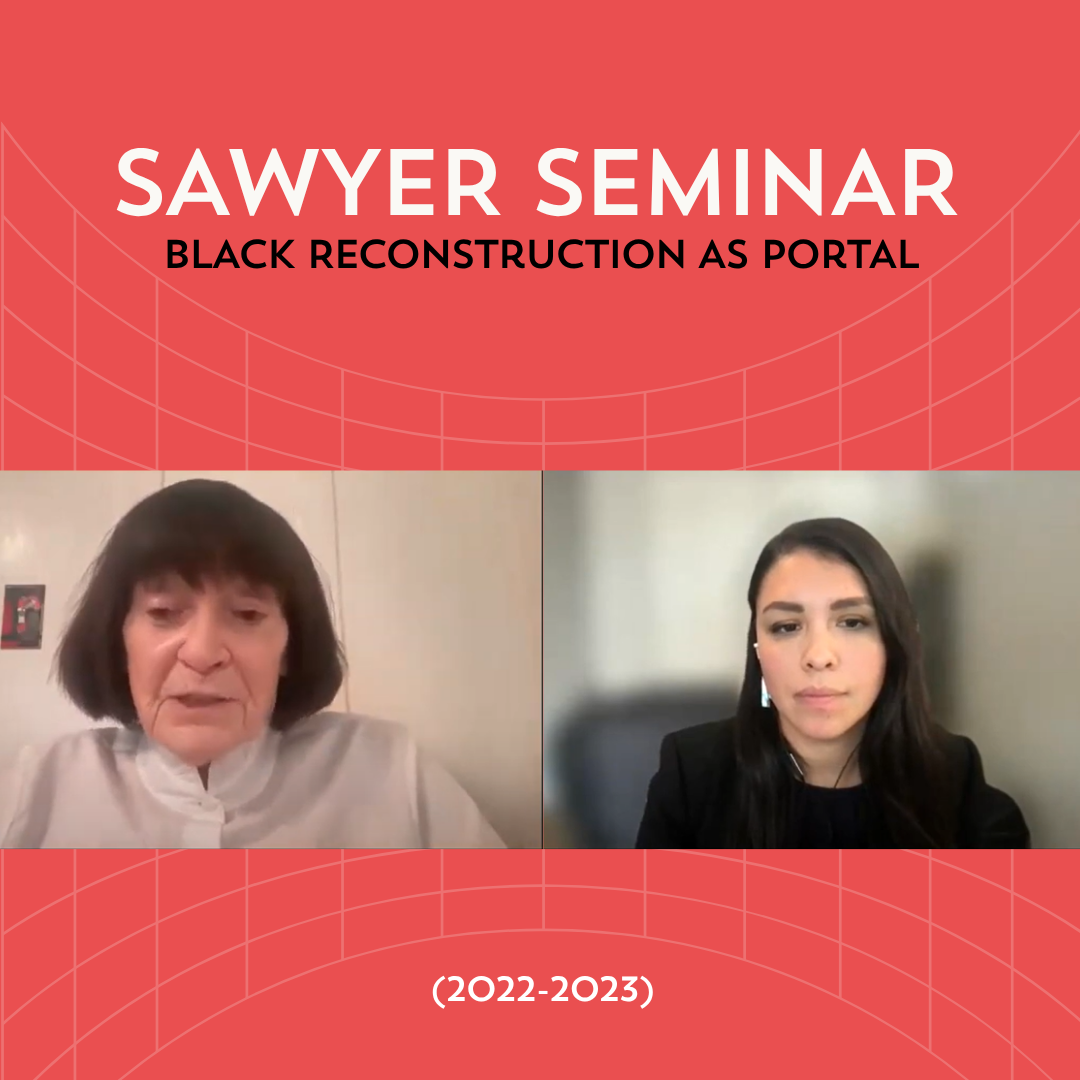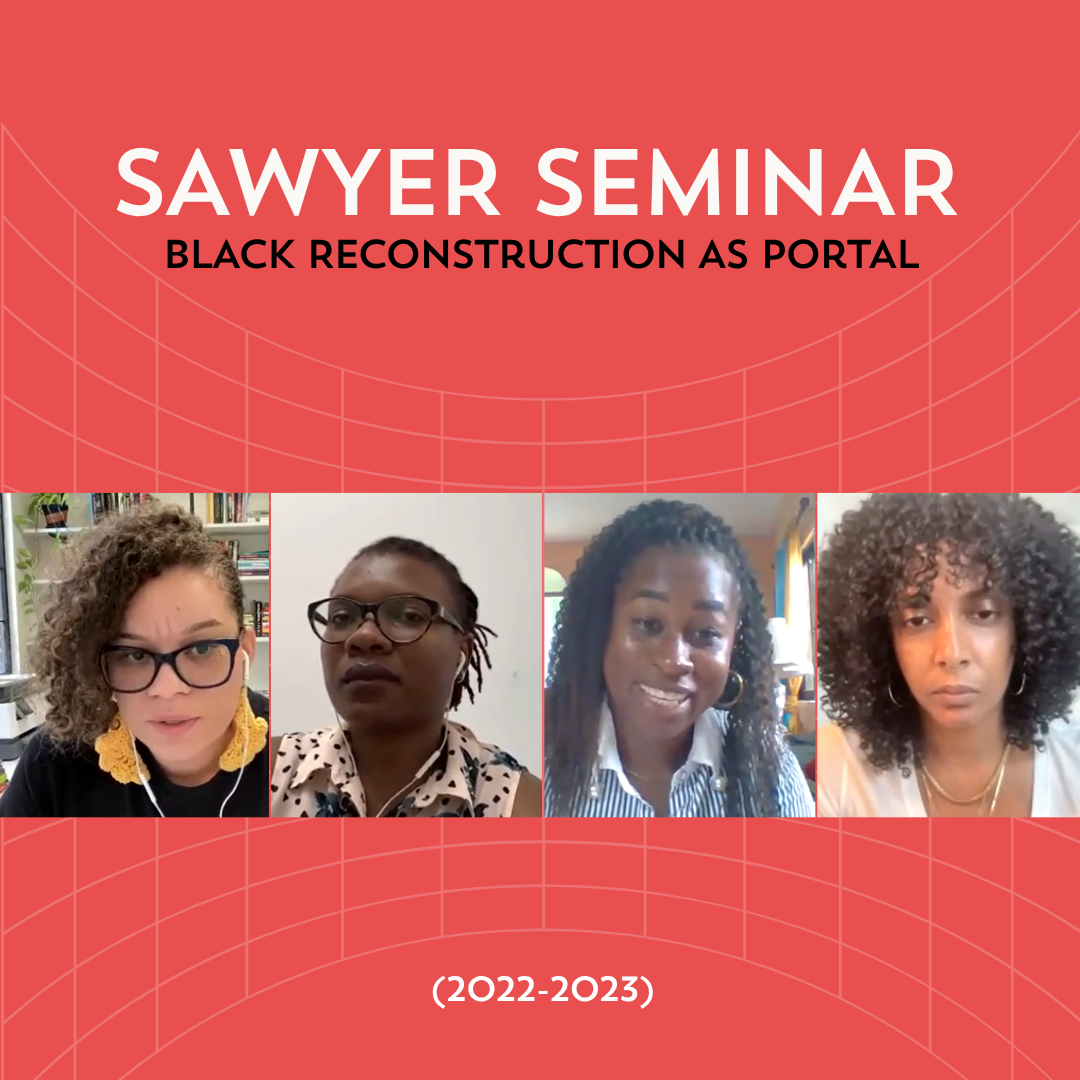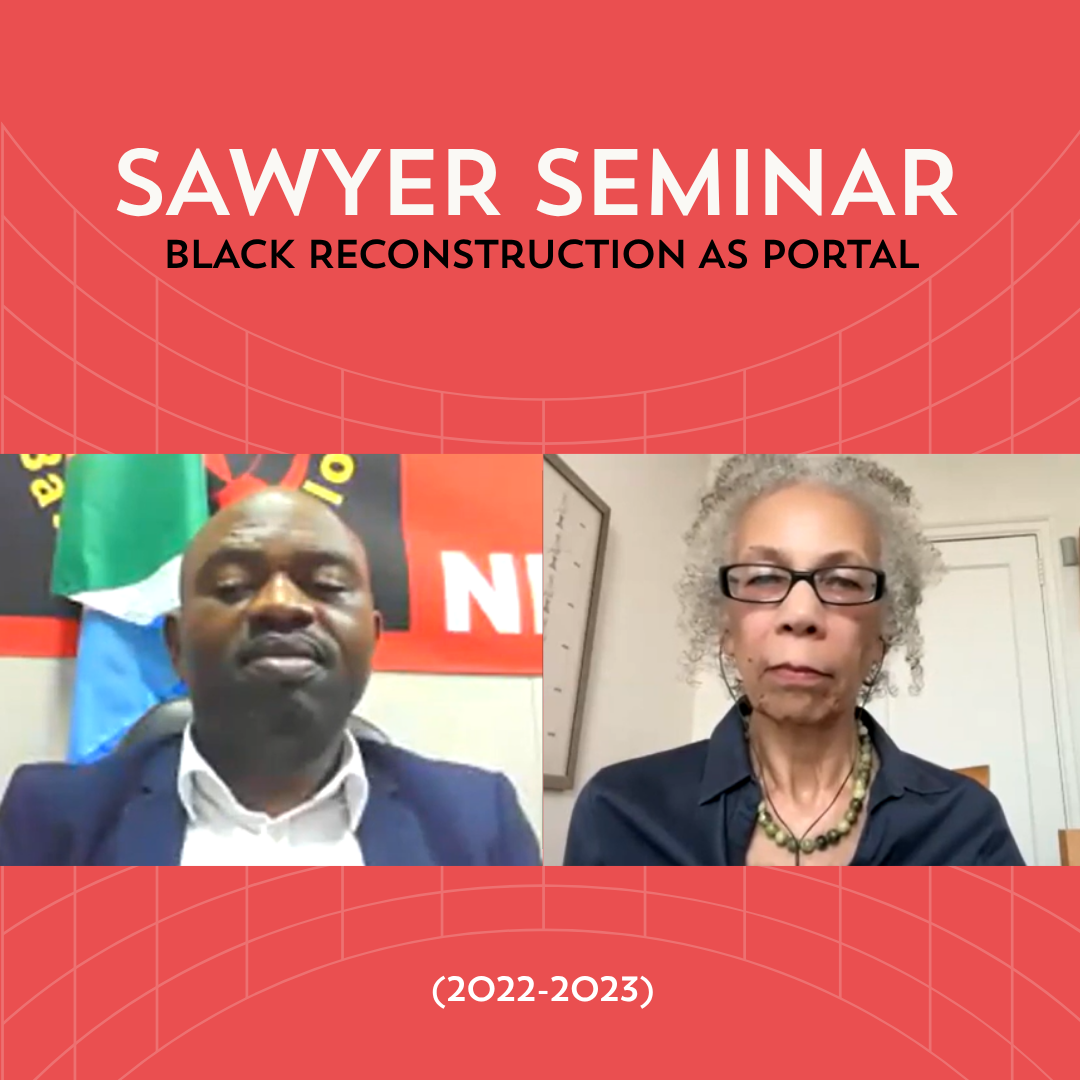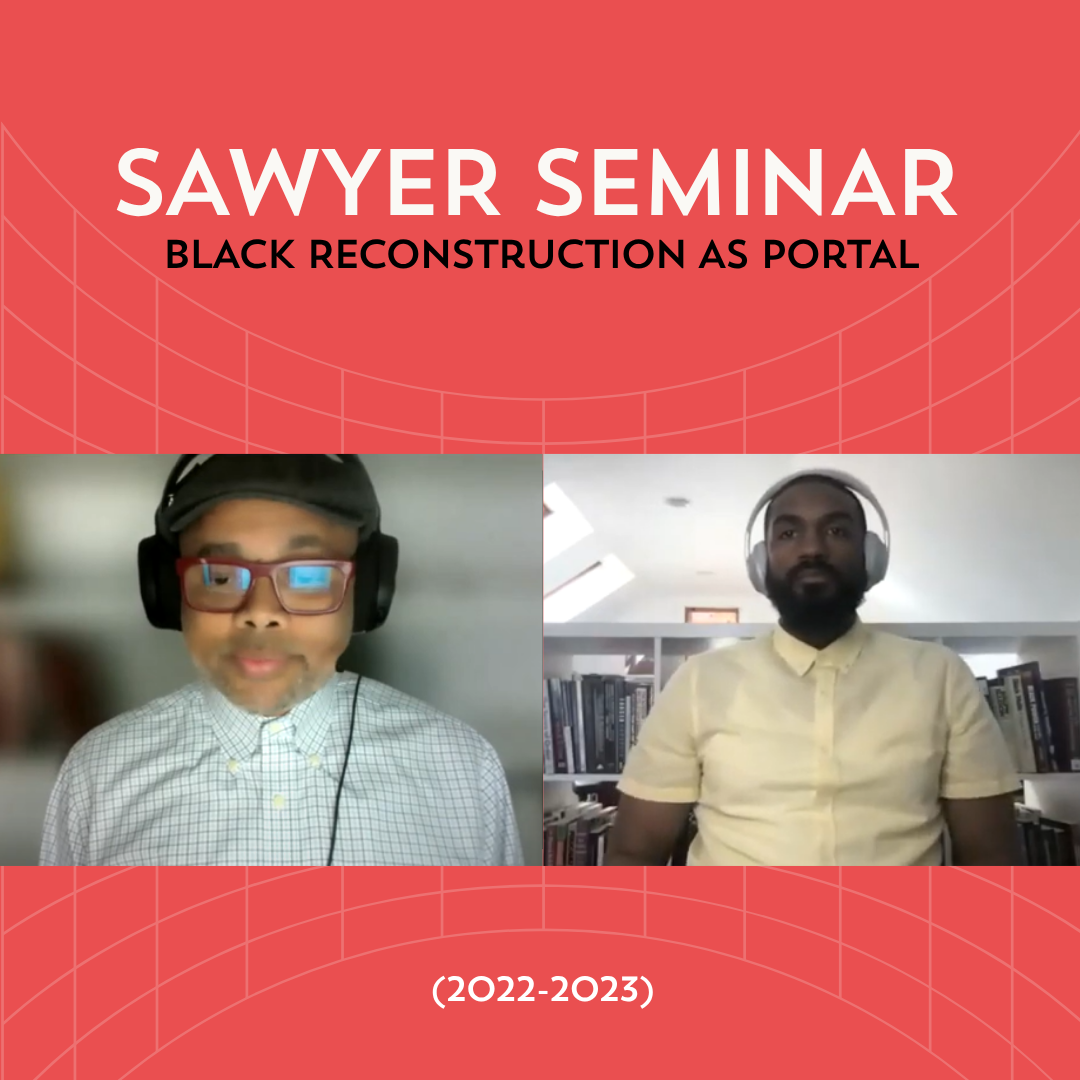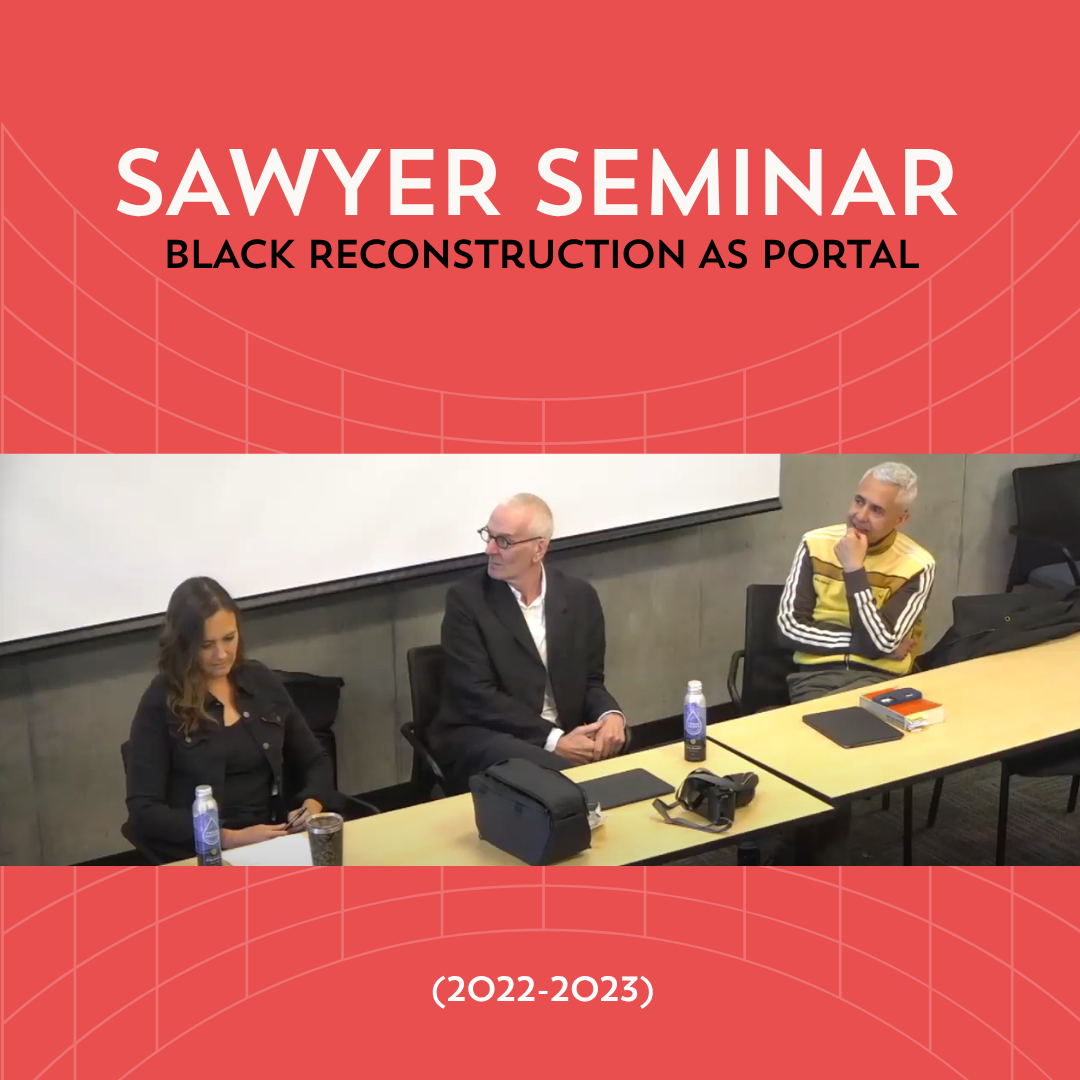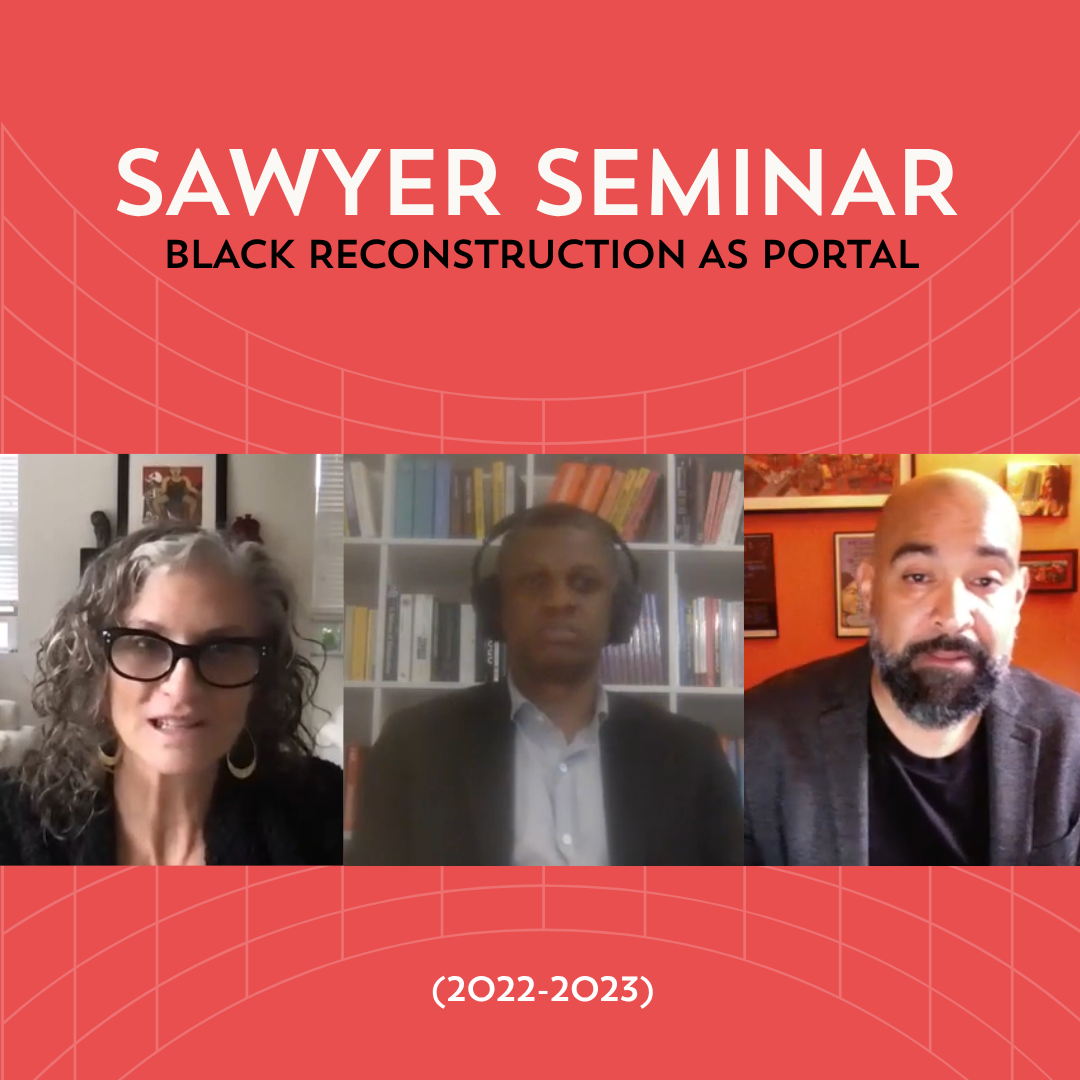Black Reconstruction as a Portal was a year-long Sawyer Seminar held at UC Irvine during 2022–2023 that examined the global relevance of Black Reconstruction by W.E.B. Du Bois as a lens through which to understand today’s social, political, and economic crises. The seminar explored Du Bois’s concept of “abolition democracy” and the structural continuities of anti-Blackness from the era of Reconstruction to the present. By framing Black Reconstruction as both a historical study and a conceptual gateway, the seminar aimed to rethink liberation struggles, education, labor, race, and revolution across global contexts. Participants engaged with how Du Bois’s insights resonate today—from feminist movements in Latin America to land struggles in Africa and the rise of neo-fascism in the West—challenging U.S.-centric and temporally bound readings of his work.
Search
Black Reconstruction as Portal
Contact Humanities Center
Humanities Gateway 1st Floor
Irvine, CA 92697-3375
Phone: (949) 824-1662
Email: humanitiescenter@uci.edu

